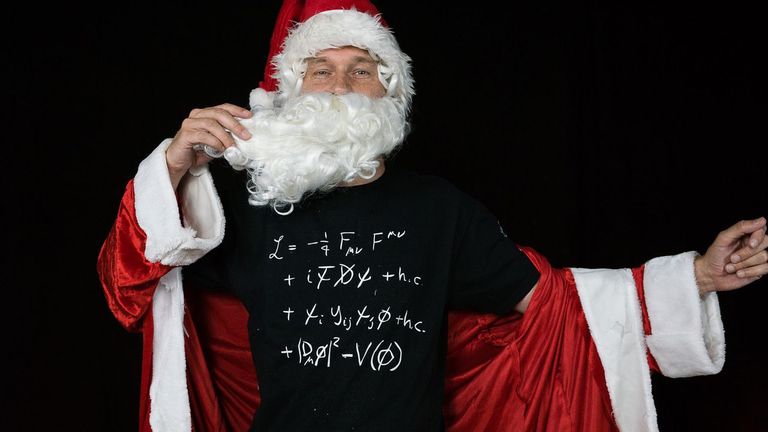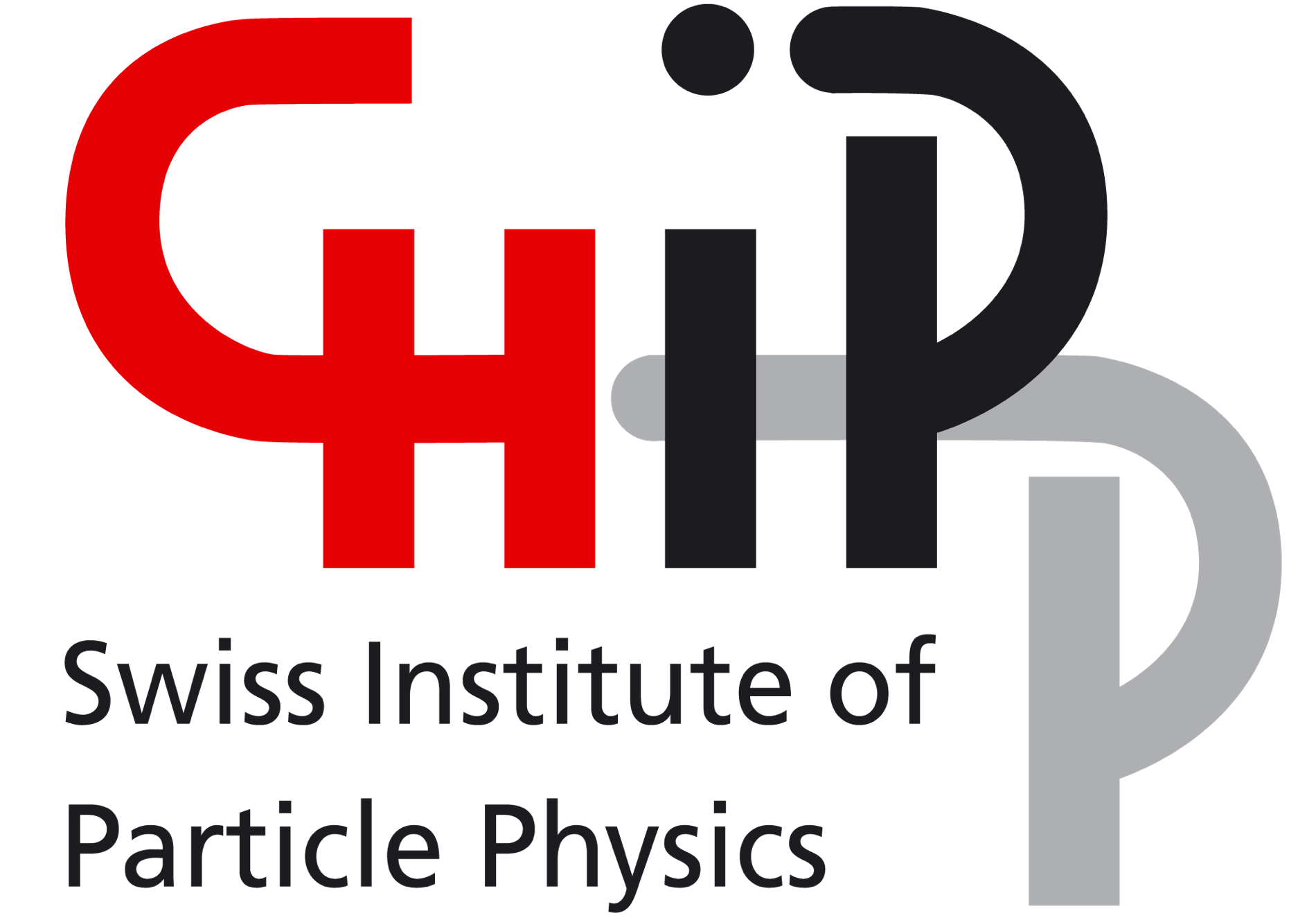‘Tis the season to do experiments
How about swapping chocolate for a physics advent calendar this December?
Please add to the shopping list: a few pieces of chalk, a cobblestone, twelve cotton buds, 50 grams of pepper powder, a tube of effervescent tablets, adhesive tape...

You’ll need this eclectic shopping list if you want to deck the halls with a bit of physics this December. How do you do that? With PiA – "Physics in Advent". PiA is a virtual Advent calendar with physics puzzles, experiments, brainteasers and lots of fun videos. So sign up, do your shopping and get experimenting!
In the eleven years of PiA’s history, countless people – individuals, families, school classes – have already scratched their heads over questions and recreated physics experiments under the Christmas tree. Last year alone, 70,000 people participated in Physics in Advent, including over 1500 from Switzerland. The experiments are mainly aimed at students aged between 11 and 18, but obviously there is no age limit; anyone can take part. The central idea is to show how fun and fascinating physics is and to give scientific explanations to everyday phenomena. But apart from education and knowledge there are also prizes to be won – objects such as iPads and books as well as excursions, lab visits and this year even a trip to Dallas for an NBA basketball game, a ride in a hot air balloon or a jump in a vertical wind tunnel.
Among last year’s participants was Kantonsschule Zug. It was the fourth time that they took part in the physics advent calendar. "Nobody expected to win "Physics in Advent"," two students write in their school's blog. "So the surprise was all the greater when our physics teacher announced the prize: an excursion to the IBM Quantum Lab in Rüschlikon." The Swiss Physical Society is a cooperation partner of the scientific advent calendar, and this year, participants might win excursions to the Paul Scherrer Institute PSI in Villigen, including a visit to the school laboratory, to Technorama in Winterthur or to the IBM research centre in Rüschlikon.
Once registered, the participants open a door every day - a video with an experiment presented by the physics Father or Mother Christmas. This is where the shopping list comes in again because you often need props for the experiments. No worries though: most of them are either readily available in the household or are otherwise easy to obtain.
In the video, PiA Father Christmas conducts an experiment, but not all the way until the end. The video asks a multiple-choice question, and the answer must be entered on the advent calendar website within a certain period of time. The next day, the experiment is shown again in a solution video and you don’t just get the answer to yesterday’s question but also a detailed explanation. But don't worry: you can also use jokers if you don't have time to answer or are unsure about the question. Participants can puzzle, do the maths or, best of all, carry out the experiment themselves at home or at school to find the correct answer.
For example, would you know the answer to this question from last year’s calendar? Picture the following: you pour a packet of sherbet powder into a glass of water and stir it with a teaspoon. While this happens, the spoon hits the inside of the glass. What does this sound like? Does the sound always stay the same? Does it first get lower and then higher? Does it first get higher and then lower? Or does the stirring sound a bit like a siren because it oscillates between getting higher and lower? Well, we’re not giving you the answer here... you'll have to try it out for yourself! But you could also look for door 5 of the Physics in Advent edition 2022. Or you might want to google "hot chocolate effect" ...
Incidentally, PiA is one of several scientific advent calendars if you want more than the physics experiments. There is, for example, also "Maths in Advent" or "Crypto in Advent." PiA is organised every year by the University of Göttingen in Germany with the support of the Wilhelm and Else Heraeus Foundation and many cooperation partners. Fingers crossed for all PiA participants!
Barbara Warmbein


